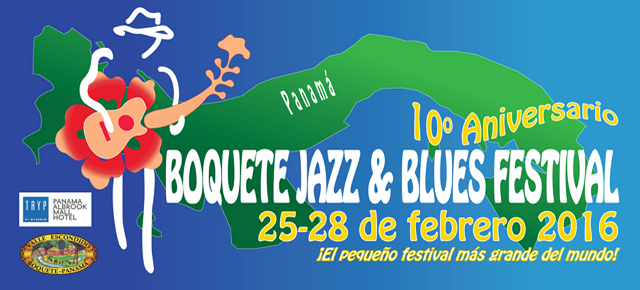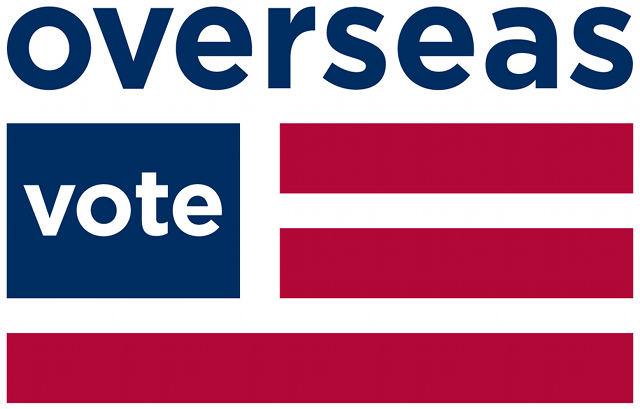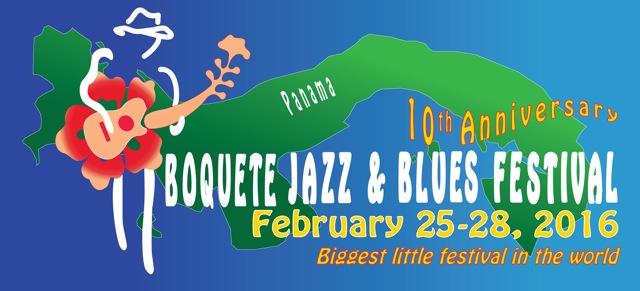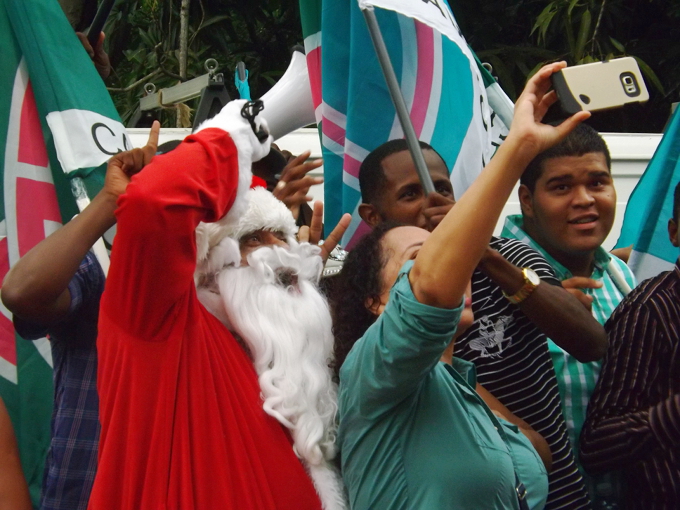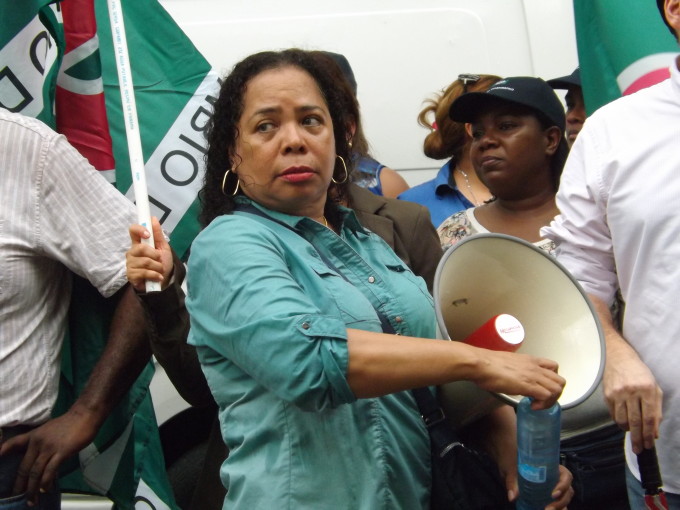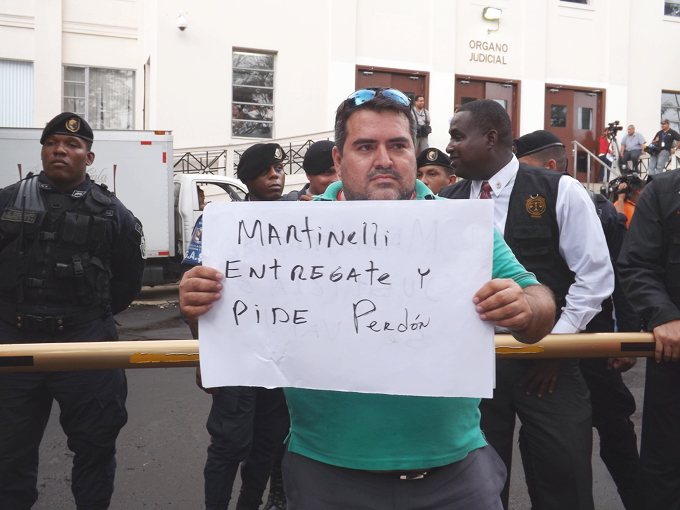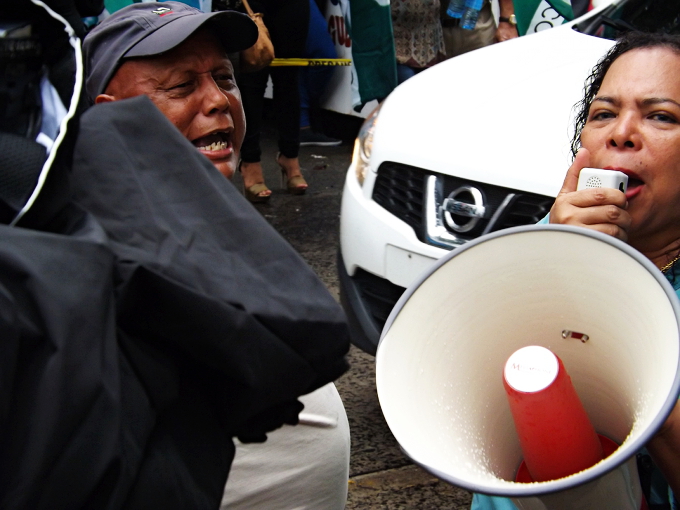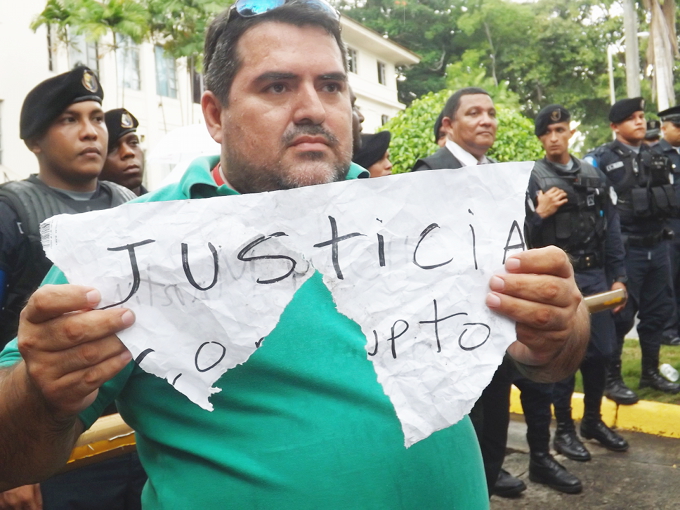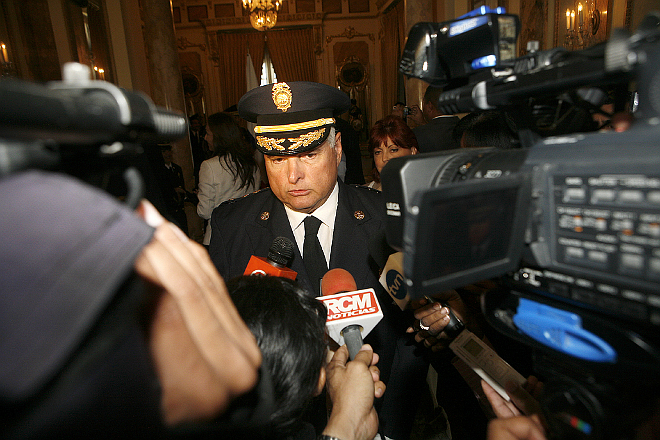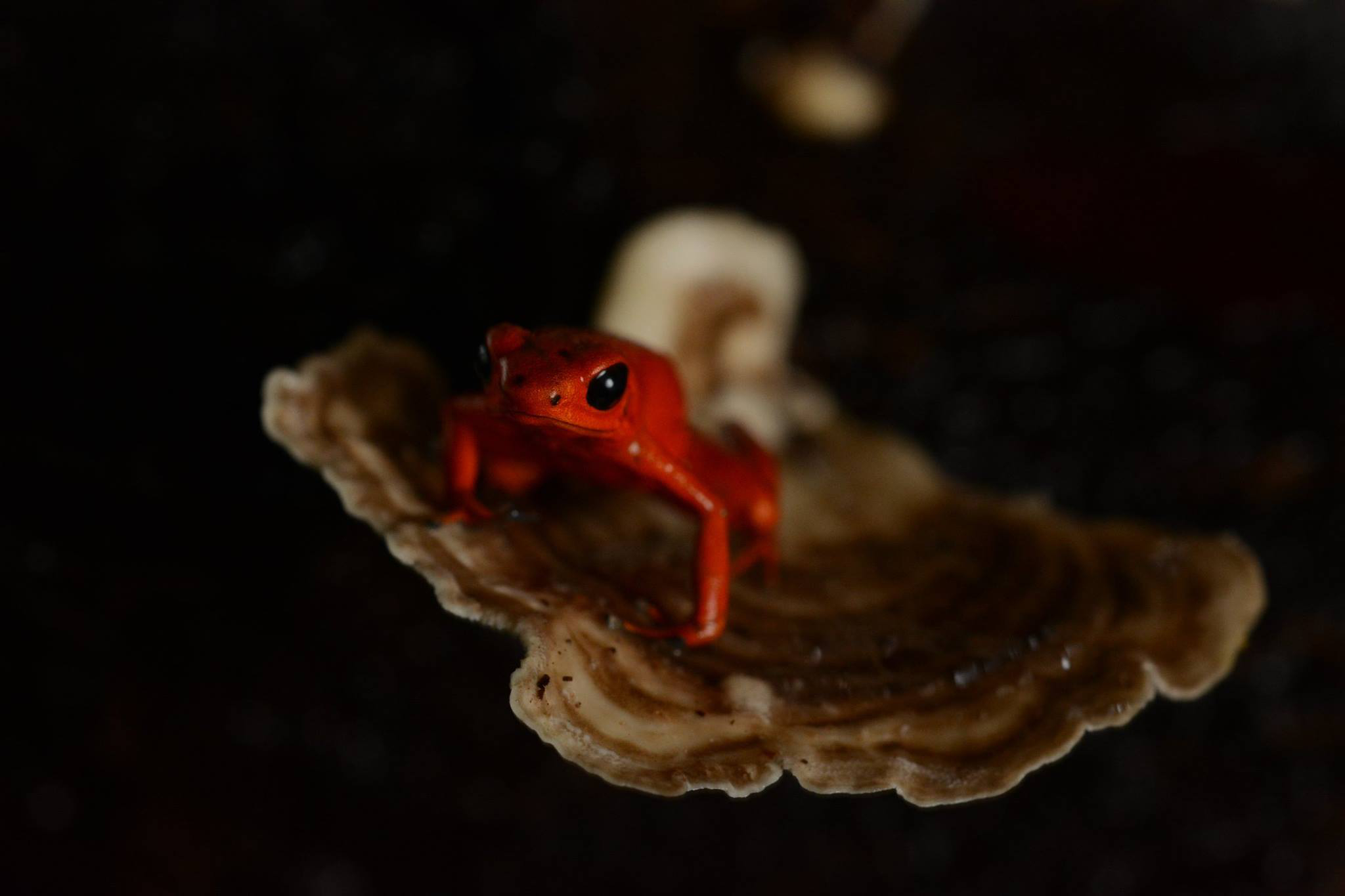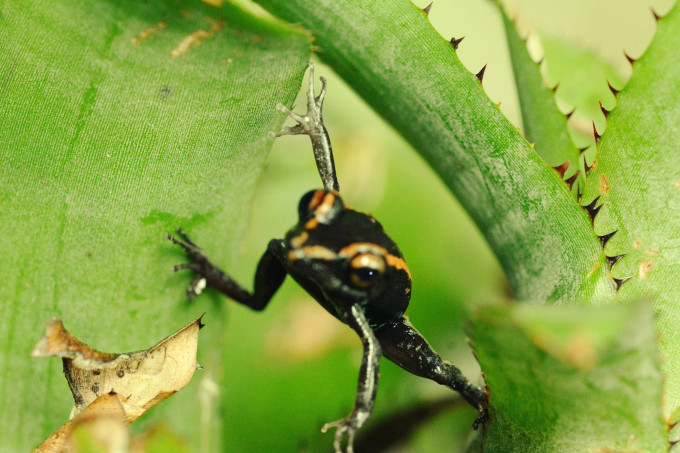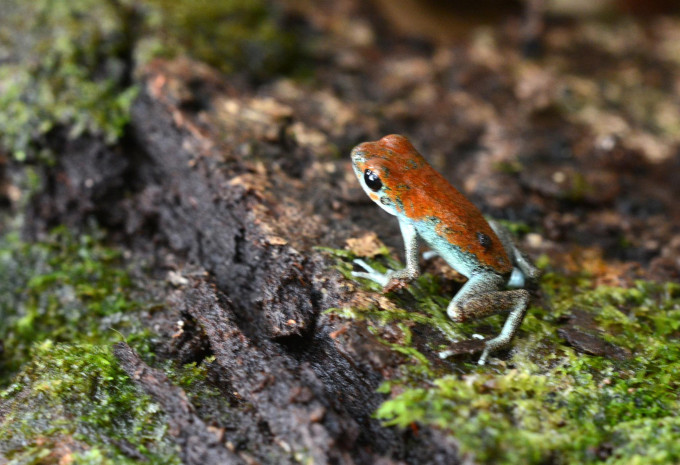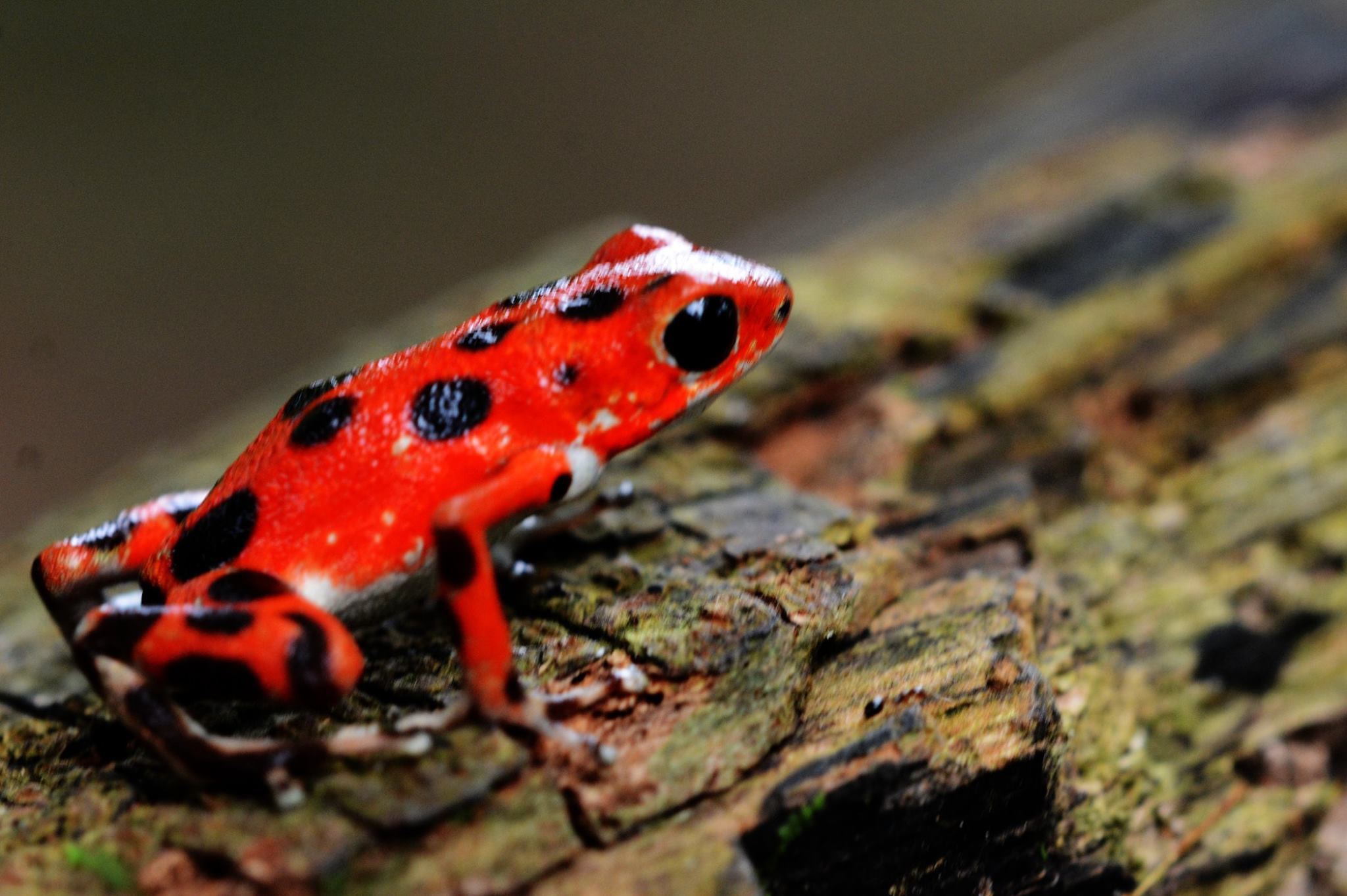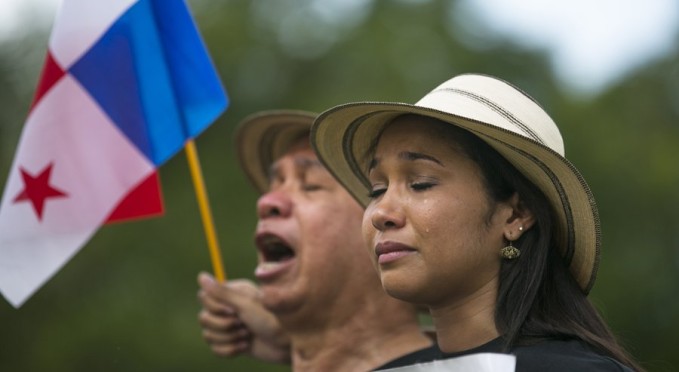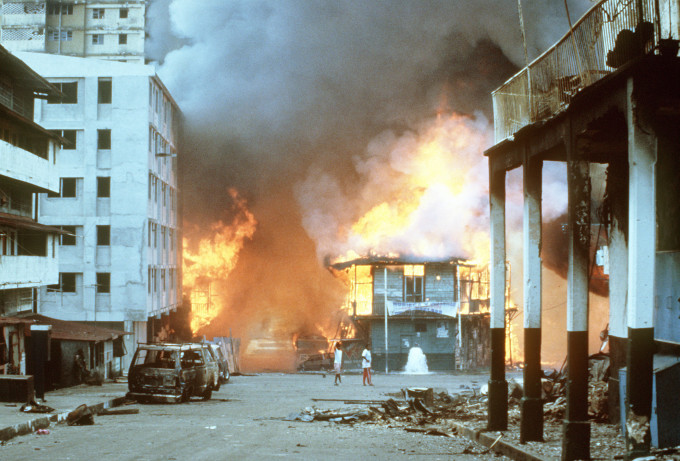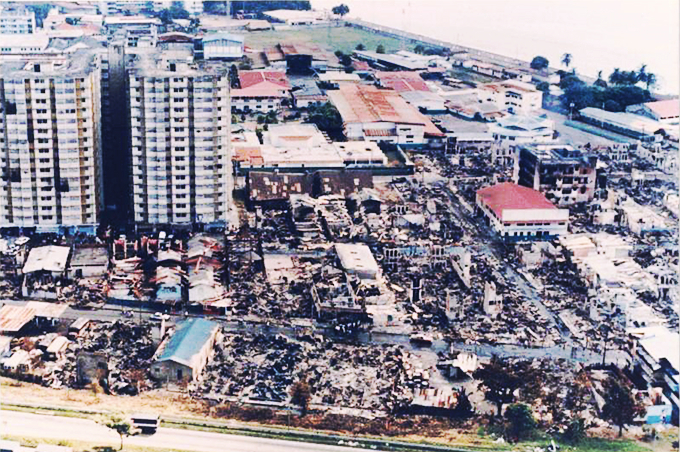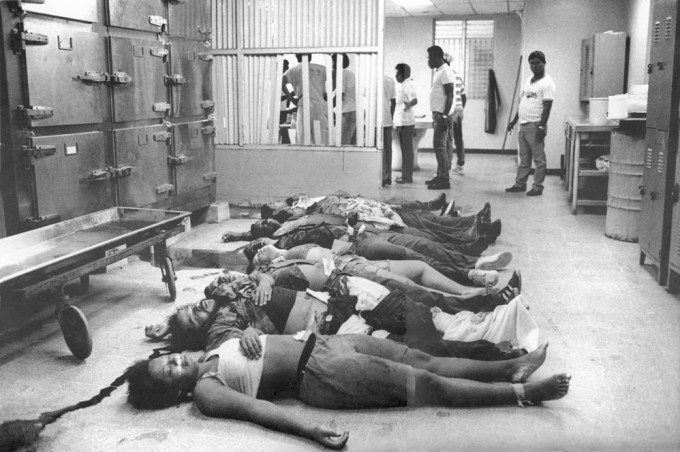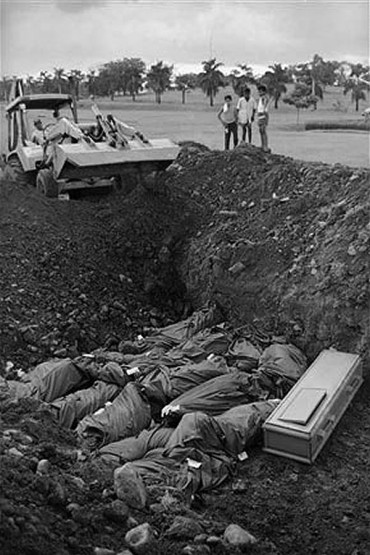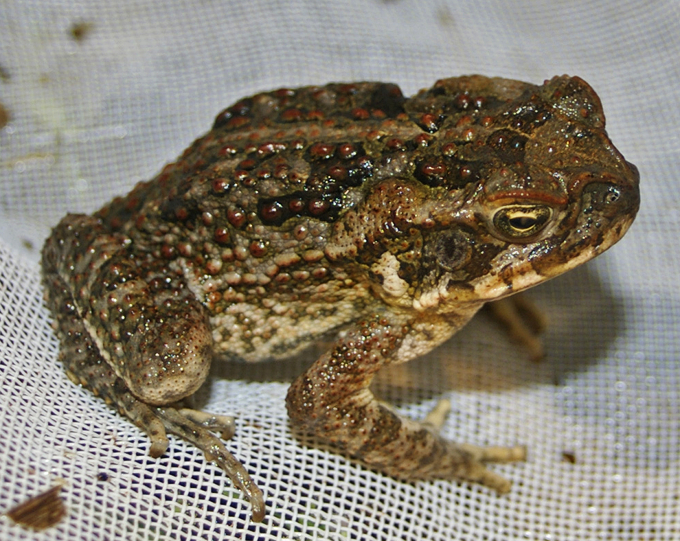
¿Sal sosa ó salsosa?
por Kevin Harrington-Shelton
Let the people know the truth, and the country will be safe.
Abraham Lincoln
El Día del periodista encuentra a Panamá en un imbroglio sobre la administración de justicia –tolerado por el Cuarto Estado desde hace décadas. En abstracción de las plumas privilegiadas de iconos del periodismo panameño (Gaspar Octavio Hernández, Víctor Florencio Goytía, Gil Blas Tejeira, Ernesto de la Guardia, Carlos Iván Zúñiga, Guillermo Sánchez Borbón, Bolívar Pedreschi, Miguel Antonio Bernal, Julio Miller, Sabrina Bacal, “entre otros”) la llegada de tantísimas otros medios de comunicación para educar a la población hacia una democracia sustentable, no ha sido más inspiradora nuestra historia reciente. Particularmente en la televisión, donde los controles corporativos que (además) tienen intereses que dominan otros sectores económicos, matizan la calidad e independencia de sus periodistas profesionales y los convierten más en poder hacia un fin (de por sí y ante sí), que en medios hacia el fin de una ciudadanía suficientemente informada para participar en una verdadera democracia.
Estamos frente al invernadero del tráfico de influencias –¡y peor!
La ética vigente en nuestros medios refuerza lo enunciado por un director, que “lo que se deja de decir es lo más valioso de tener un medio”. La ilustración más a mano toca sobre la Ampliación. Pese a que nuestro periodismo SABE que la ley obliga a la Autoridad del Canal a comparecer ante el Pleno de la Asamblea a rendir cuentas, no cuestionan cuando ellos ripostan “hábilmente” con la treintena de informes escritos que efectivamente sí entregan y dejan así de contestar lo específicamente preguntado por uno de los mejores comunicadores en nuestros medios — sin que estos últimos insistan… La diferencia entre las dos cosas es abismal: un informe escrito no estaría sujeto a las re-preguntas, implícitas en una comparecencia personal. De haberse ejercido esta fiscalización legislativa otro gallo cantaría. Y mientras tanto –desde 2006– “mi Cristo padeciendo” con una Ampliación que hoy hace aguas (literalmente).
En materia del propio Órgano Judicial, los ejemplos de esta corrupción sobran. Tiene 17 años de estar pendiente en la Corte Suprema un recurso de inconstitucionalidad –quizás el más decidor respecto de cómo una sociedad percibe su cuerpo legal– que cuestiona algo tan delicado como la Superintendencia de Bancos duerme sin que le encuentren manera de resolver, aunque sea “salomónicamente”. Más recientemente, ha desaparecido del panorama noticioso el escándalo destapado en USA sobre una empresa alemana confesa de sobornos a entidades gubernamentales panameñas para vender sistemas de computación. A la luz de la actual cacería de brujas –selectiva– desatada en nuestros medios, brilla por su ausencia seguimiento alguno a esta venalidad que habría sido apetecible por tratarse de un caso DURANTE “el gobierno anterior” (plausiblemente porque involucra a uno de los anunciantes más grandes de Panamá). Se recordará también que hace rato VARIOS magistrados actuales denunciaron el mismo tipo de travesuras que hoy adornan titulares, sin que entonces sus propios confidentes en los medios les dieran seguimiento a tales infidentes. Porque no fue sino una habituada llamarada de capullo, que se engaveta hasta que convenga. Tal es el inventario de chantajistas y de la contabilización de favores.
No es cuestión de opinión. Hay documentación de lo que en el fondo (demasiados) periodistas (y abogados) realmente piensan sobre el espíritu de nuestras leyes. Aparece en 2013 “Una vida póstuma”, autobiográfica del Dr. Fernando Berguido, a la sazón director de nuestro diario de referencia y hoy representante personal del presidente Juan Carlos Varela en Roma, coordinando esfuerzos en el Caso Lavitola. Inicialmente recoge palabras del entrante presidente don Ricardo Martinelli ante el colectivo de La Prensa en conmemoración de su 30 aniversario: “Quiero salir con la frente en alto; si he cometido un error, háganmelo saber.” Mirando muy sinceramente a los ojos de don Roberto Eisenmann –sentado a primera fila– le pidió una cita para poder “escuchar sus consejos” y le pidió que continuara escribiendo.” (p.336). No obstante, a pocos días, también recoge lo que Martinelli le dijera a Berguidoi en reunión privada respecto del manejo de los Wikileaks. “Me dijo que él había decidido “no tener en su gobierno ningún problema con los gringos” y que desde el principio, “lo que los gringos piden, yo se lo doy”. Así me contó que por esos días, los estadounidenses andaban buscando a un capo colombiano que estaba en Panamá. “Acaba de entrar a Tocumen y lo habían identificado, y yo les dije, llévenselo así mismo; nada de recursos formales ni órdenes judiciales.” (p. 370). No aclara por qué tan patente intención de violar la ley panameña no fue reportada anteriormente en páginas de La Prensa por dicho letrado.
Al igual que en la (continuada) omisión en cuanto a rendir cuentas personalmente ante la Asamblea sobre la Ampliación, tan sólo se podría especularse, cuánta perdida de confianza y pérdidas materiales hoy en primera plana nos habríamos ahorrado, si el entonces mandatario no tuviera certeza que en sus primeros 100 días sería beneficiado (ilegalmente) con esa “suspension of disbelief” (carta-blanca) que demasiados dueños de medios otorgan a todo gobierno, en la esperanza de primicias y favores para sus otros intereses económicos que, en un país pequeño, siempre penden sobre la benevolencia presidencial.
Quienes comemos tres veces al día tenemos una obligación hacia quienes no comen, y la mejor forma de cumplirla es perseverando en en una vocación profética en promoción de un Estado de derecho que funcione –con los CUATRO poderes del Estado contribuyendo al bien-común.
~ ~ ~
Estos anuncios son interactivos. Toque en ellos para seguir a las páginas de web


